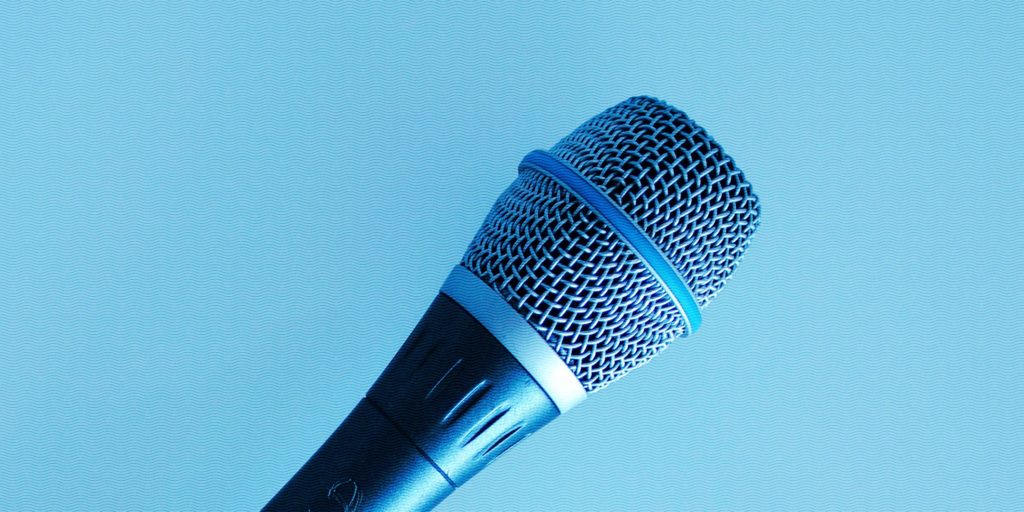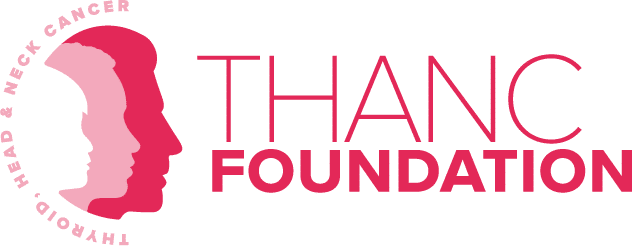
Struck by an earache, I went to my primary care physician. She prescribed me antibacterial drops, as she thought I had some form of infection. Unfortunately, the drops did little to relieve the pain, and I eventually developed a swollen gland in my neck. After receiving a CT scan assessment with suspicious results, I consulted an ENT who took a biopsy of the mass. They discovered abnormal cells, but could not definitively confirm the presence of cancer. On a follow-up PET scan, however, a lymph node and one of my tonsils lit up, confirming that my tonsil needed to be removed.
The surgical team attempted to resect the tonsil, but its nearness to an artery wouldn’t allow them to entirely remove it. Upon recovering, I consulted an oncologist regarding chemotherapy, radiation and additional surgery. I agreed to undergo a second robotic surgery that would provide the precision needed to remove more of my cancer and minimize the extent of any follow-up chemotherapy required.
Undergoing the second surgery was an interesting experience. I recall checking into the hospital, going through all the pre-examination checks, and having surgical assistants walk me through the halls to the operating room.
I made myself french toast shortly after the surgery and cut it up into a bunch of small bites. Doing things like that helped me regain a lot of my function fairly quickly.
In fact, on my way there, I ran into my surgeons, chatting with one another in the hallway. As I passed by, they waved at me and said “Hey! See you in a few.” Something about that demeanor actually reassured me. Even the clinical team in the OR was funny and relaxed, making playful comments about how my hospital gown made me look like Superman with his cape. Their humor demonstrated a clear level of teamwork that made everyone comfortable, rather than uptight. I was happy the operating room took on that type of atmosphere. In addition, the fact that my experienced surgeons had trained extensively to handle these procedures made me feel relieved and fortunate.
That being said, that second surgery left me with an extraordinarily painful recovery. I bought a humidifier to help with the throat dryness I experienced at night. I even kept ice by my bedside to chew on whenever I woke up from the pain. It was undeniably some of the worst pain I have ever felt, and I found it particularly difficult to use my tongue for a while. But my surgeon had informed me that this surgery would be worse than the first, so I prepared myself as best I could.
The pain eventually receded after a few weeks, and my tongue mobility returned as I continued to perform the various rehabilitation exercises given to me. I was especially determined to maintain my diet. I made myself french toast shortly after the surgery and cut it up into a bunch of small bites. Doing things like that helped me regain a lot of my function fairly quickly. And the scar—they did such a great job that you can’t even see it.
I qualified for a non-radiation, observation-only clinical trial. This would allow me to avoid radiation and chemotherapy after the surgery. This was wonderful news…
The surgical analysis of my tumor revealed that the cancer was well-contained within a single lymph node—the best case scenario. The surgeons presented my case to a multidisciplinary team of doctors and concluded that I qualified for a non-radiation, observation-only clinical trial. This would allow me to avoid radiation and chemotherapy after the surgery. This was wonderful news to me, as I was very wary of radiation and chemotherapy. After speaking at length with my radiation oncologist, I felt comfortable with the relatively low risk of recurrence and opted for the observation-only approach after surgery.
Now, I only go for routine follow-ups, and my one-year anniversary is approaching! Throughout it all, I think I kept a pretty level head and never feared the surgery. Sometimes, I still get fatigued when swallowing a lot, but have had no issue eating whatever I want.
In fact, I was playing tennis again within three weeks of my operation!
I find it interesting to think back on my cancer management journey now. You don’t train to negotiate your cancer treatment. When you’re diagnosed, you’re stunned! You’re in a panicked frame of mind, and you’ll do whatever it takes. People may tell you that you have to do this and you have to do that, but it’s important to ask yourself, “Do I really have to?” I remember pharmacies were already calling my phone to get my approval for radiation and chemotherapy, before I had even made up my mind. But I made sure to slow down and consider my options.
I feel that could be the piece of the puzzle that people forget—the importance of advocating for yourself and investigating other viable options in the medical community. I valued optimizing my quality of life, even if that meant not receiving radiation. By prioritizing what mattered to me, I received the proper treatment and resumed my normal life relatively soon after surgery. In fact, I was playing tennis again within three weeks of my operation! All the while, I knew I was in good hands and had the support of my doctors.

Will You Share Your Journey?
April is Oral Cancer Awareness Month. As part of that theme, we post stories written by oral cancer survivors, caregivers and medical professionals for our 30 Stories in 30 Days™ campaign. The insights they share can help others along their journey.


